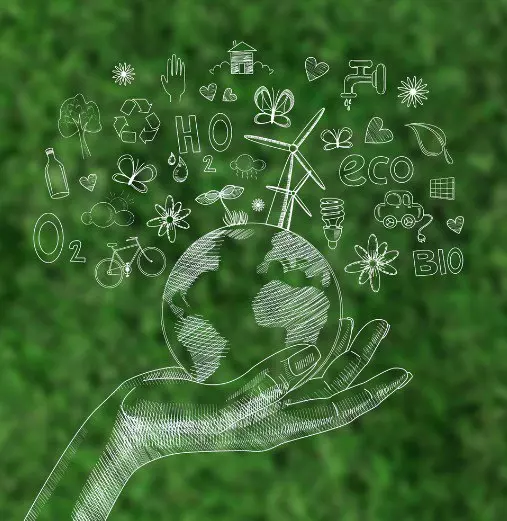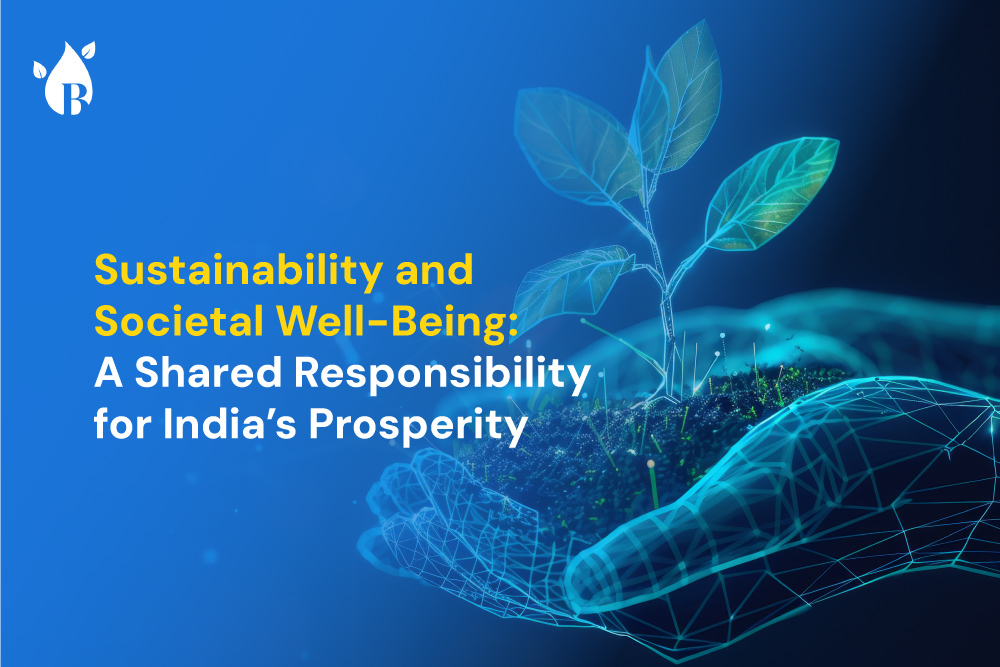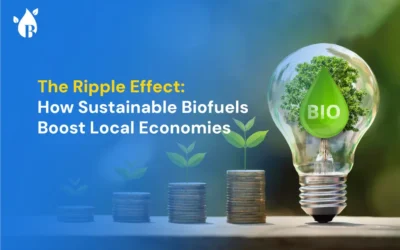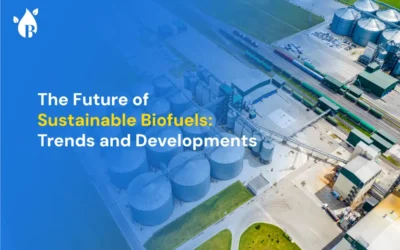
What are India’s challenges in the sustainability sphere?
Like most countries, there are 3 pressing sustainability challenges India is facing.- Rapid urbanization
- Pollution
- Climate change
The economic pillar of sustainability
Setting up sustainable industries like renewable energy, waste management, eco-tourism generates 1000’s of new job opportunities. It contributes to the overall economic growth of the country.The International Labour Organization says a green economy can create 24 million new jobs globally by 2030. With the right policies in place, economic growth will rise.Including sustainable practices in our daily lives saves money. Turning off lights and fans reduces your electricity bill. Switching from disposable containers to reusable ones reduces expenses over time. Choosing an electric vehicle saves you fuel money. Rain water harvesting reduces water bills. Both businesses and households can spend less and save more.Sustainably responsible businesses attract tourists and foreign investors, boosting the country’s economy.The social pillar of sustainability
The social aspect of sustainability is about the well-being of people. It’s about the impacts of human activities on communities. Human rights, labour practices, social equity are some of them. It covers basic rights like access to clean water, food, shelter, sanitation, education, and healthcare among others. Some perspective through numbers:- Between 2015 and 2020, 107 million people gained access to clean water.
- 8 out 10 people living in rural areas continue to lack basic drinking water services.
- Between 2015 and 2020, 115 million people gained access to safe toilets at home.
- 3.6 billion people (almost half of the world’s population) still lack safe sanitation at home.
- In 2016, unsafe drinking water and sanitation contributed to 60% of total diarrheal deaths.
- In 28 countries, at least 1 in 4 people have no handwashing facility at home.
The environmental pillar of sustainability
This is the one we all know about and take an active step towards. Sustainability is about keeping our environment healthy and safe. It involves reducing pollution and greenhouse gas emissions.
Transitioning to renewable energy, improving energy efficiency, and promoting sustainable transportation are some ways to achieve environmental sustainability.
At Buyofuel, we make sustainable fuels accessible and are striving to make it the go-to.
60 to 70% of the world’s ecosystems are degrading faster than they can recover. Conservation of natural resources and biodiversity like forests, rivers, wildlife and protecting ecosystems like pollination, soil fertility are equally important.
Environmental sustainability is about protecting the natural systems and resources that support life. It’s about finding ways to live in harmony with nature, while also meeting our social and economic needs.
Sustainability is not just about individual actions like reducing plastic or planting a tree. It’s about balancing the three pillars of sustainability – economic, social, and environmental.
With the right policies and actions, we can contribute to and benefit from economic growth while also protecting the environment and well-being of all communities. We can ensure a better future for generations to come. It’s a shared responsibility, and we must all do our part.
These actions will consciously improve India’s prosperity and put us at the forefront of the sustainability map.




